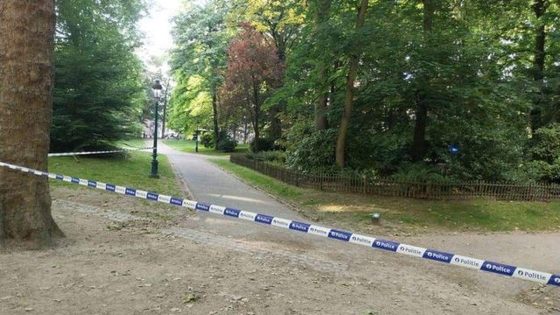A man travelling by train from Paris to Brussels was stopped during a routine check when officers discovered a plastic bag containing balls resembling gold. The man claimed these were copper balls intended for his nephew. This incident, reported on 2025-06-13 14:25:00, has raised concerns about fraud attempts involving fake gold shipments crossing into Belgium.
- Man reist met plastic zak met balletjes
- Balletjes blijken koper, niet goud te zijn
- Man is bekend om koper-oplichting in Frankrijk
- Vals paspoort gevonden, gekoppeld aan gezochte neef
- Document relateert aan 70.000 euro fraudezaak
- Onderzoeker laat man voorlopig vrij na verhoor
Further investigation revealed the man is known in France for scams where copper is passed off as gold. A specialist in Brussels quickly confirmed the balls were indeed copper. Authorities also found a forged passport in the man’s possession, linked to his so-called nephew who is wanted by Interpol.
The Belgian police connected this forged document to a €70,000 fraud case from late last year. Following a judge’s review, the man was released pending further investigation. What does this mean for cross-border security, and how vigilant should Belgian authorities remain? The answers lie in ongoing inquiries.
Why is this case significant for Belgium? It underscores how fraudsters exploit international travel routes and forged documents to commit crimes. Key points include:
- Cross-border fraud poses challenges for Belgian and European law enforcement cooperation.
- Quick expert analysis is crucial in identifying counterfeit goods like fake gold.
- Interpol’s role is vital in tracking suspects using false identities.
- Judicial decisions balance security concerns with legal rights, as seen in the suspect’s provisional release.
As investigations continue, Belgian authorities must strengthen collaboration with international partners to prevent similar fraud. Citizens and businesses should stay alert to suspicious activities and report potential scams promptly.






























